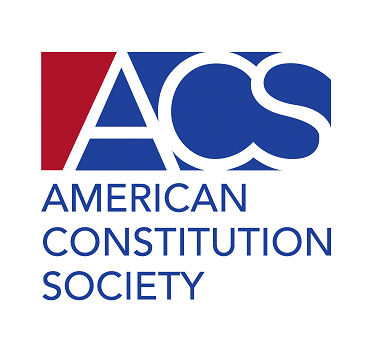This installment of Write On!, our periodic compilation of calls for papers, includes calls to submit at University of Padua, Italy, as follows:
► The University of Padau, Italy, is calling for papers for the conference The African Renaissance in the Age of Globalization. What Role for International Investment Law? The event is set to take place on 10-11 November at the University of Padua, Italy, and is organized by the Department of Political Science, Law, and International Studies. The workshop will provide a platform for researchers and policymakers to discuss new research and identify areas where further academic and policy-oriented work is needed. There will be an open floor discussion.
The concept of the African Renaissance expresses the idea that the African continent shall overcome the current challenges of poverty, inequality, and violence and achieve cultural, political, and economic renewal and a more just and equitable order. First articulated by the Senegalese historian Cheikh Anta Diop (1923–1986) in the aftermath of WWII, the concept encourages African peoples to take pride in their rich cultural heritage, to take charge of their lives, and to set Africa as a significant player in international affairs. It also encourages them to rebuild the economy. The African Renaissance should start a new era following decolonization and the parallel spread of democracy and the rule of law across the continent.
Yet, even after the end of colonization in the early 1960s, violent political events and ethnic conflicts have plagued the African continent, causing millions of deaths and hampering economic development. The recent pandemic has highlighted vulnerabilities in infrastructures and essential services. Investments in the extractive industries have rarely benefitted local communities, leaving a legacy of environmental damage instead. Finally, climate change has increased desertification processes, drought,
and famine, thus determining massive migration flows and contributing to African diasporas.
Can the ambitious dream of the African Renaissance be brought to fruition? Can peace and prosperity be fulfilled? What role can international investment law play in helping African peoples tackle the challenges to Africa’s growth and prosperity? The conference aims to address these questions seeing Africa as a continent of hope and emancipation. It constitutes a platform to critically assess the promises and pitfalls of existing investment treaties and build momentum for dialogue on the future of Africa. Foreign investments are crucial, especially for Least Developed Countries (LDCs), whose sustainable development often depends on foreign assets and technology. Out of 46 LDCs, 33 are in Africa. The challenge is to strike a balance between the promotion of foreign direct investments and the right and duty of the host countries to pursue public interest.
Submission Details:
Proposals for papers of twenty minutes, should be sent to the conference organizers tarcisio.gazzini@unipd.it and valentina.vadi@unipd.it by 15 July 2023. Proposals should include a short abstract of the paper (500 words) and an author CV. The authors will be notified about acceptance by the end of July. The workshop will take place on 10–11 November 2023 at the Department of Political Science, Law, and Political Studies of the University of Padua. Selected authors will be invited to submit the first full draft of their paper (8000 words) by that date. The event will be held in person. There is no registration fee. Accommodation expenses will be covered for the speakers. The actual cost of the speakers’ travelling expenses may be reimbursed to the maximum ceiling of €300 per person upon presentation of receipts after presenting at the workshop. The publication of the conference proceedings will be sought in the form of a special issue with an international peer-reviewed journal or an edited volume with an international Publisher.
Proposals are particularly welcome on the following topics:
• Permanent sovereignty over natural resources;
• Protection of foreign investments during or in the aftermath of the pandemic;
• Police powers doctrine and investments in Africa;
• Promoting foreign investments in the African health sector;
• Intellectual property and technology transfer in international investment law;
• Protecting African traditional knowledge in the investment context;
• Protecting African geographical indications;
• Investing in African agriculture;
• Digitizing microfinance loans in Africa: Investing in Women Transforming Lives;
• Investing in African Cultural Heritage.





